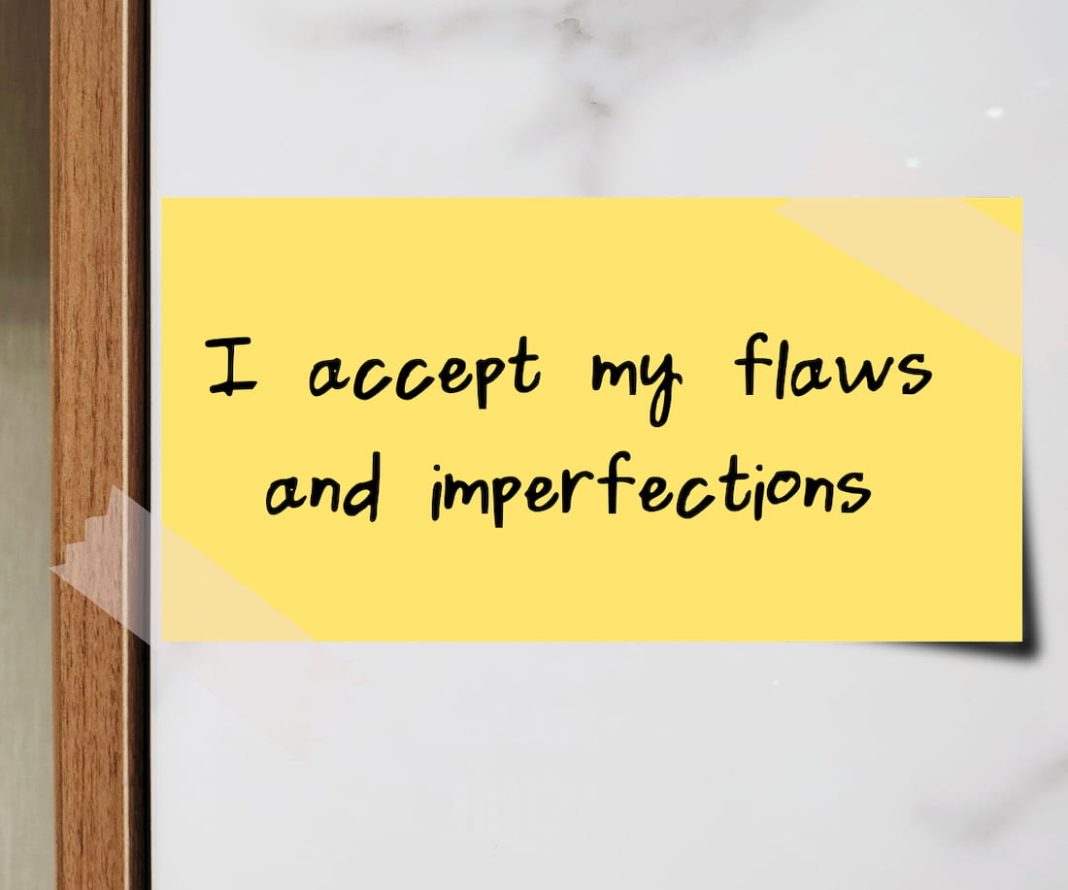A positive body image is when we appreciate and are respectful towards our bodies regardless of their appearance. I see many clients of all ages and gender identities that really struggle with negative body image, not liking their bodies and seeing flaws in them. We live in a world where we are bombarded by unhelpful messages about unrealistic beauty standards and there are many myths and negative stereotypes attributed to certain body types. Unfortunately, it’s been normalised to feel dissatisfied with our appearance. Often the things we say to our bodies (and selves) are the things we would never say to a friend. We can be cruel and mean to ourselves such as saying, “I’m stupid”, “I’m a failure”, or “I’m unlovable”, making us feel bad and demotivated.
I talk to my clients about the concept of self-compassion, which involves being kind to ourselves (just like we would to a friend), realising and acknowledging when we are struggling and hurting, and comforting ourselves. For example, on a bad day, try saying to yourself, ‘Today is hard, and I acknowledge that I’m not feeling great. What can I do to make this day better?’ Then, think about how you can seek comfort or soothe yourself. Applying this to body image might mean recognising that you’re not feeling great about your body but choosing to replace harsh words with kind ones and doing something that makes your body feel better. This approach can completely transform how you relate to your body and feel about it. Practising self-compassion can improve all aspects of our lives by helping relieve suffering, making us feel less alone, and increasing awareness of our needs. Some ways to do this include:
Be aware of your thoughts about yourself. Observe your thoughts and feelings and notice negative self-talk without becoming overwhelmed by it. Acknowledge that it might be there, but it doesn’t make it true and you don’t have to do anything to harm or punish yourself as a result. You might also think about where some of those thoughts might come from such as media, peer teasing or upbringing. You don’t have to blame yourself for this.
Self-kindness. Try to replace your self-criticism with the same care you’d show a friend. Catch your self-talk and try and change it. If you were your own best friend, what would you say or do for you?
Realise your struggles are shared. We can feel isolated in our struggles, believing our insecurities are unique. It’s important to recognise that many concerns are universal, including appearance worries. This recognition can help reframe our own body dissatisfaction as a widespread issue rather than a personal flaw and reduce feelings of shame.
If you’re interested in learning more you might be interested in reading my book, Positive Bodies. Loving the Skin You’re In or No Body’s Perfect (both through Australian Academic Press).



